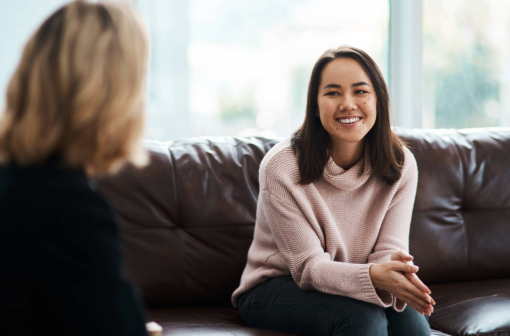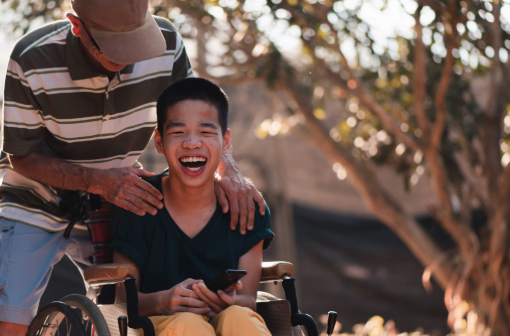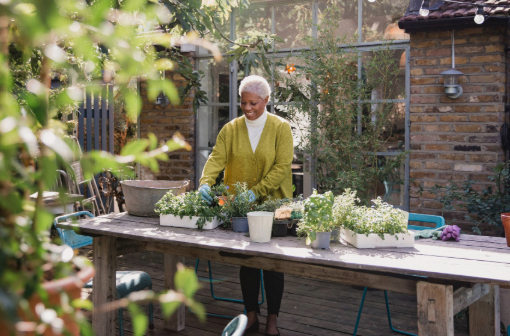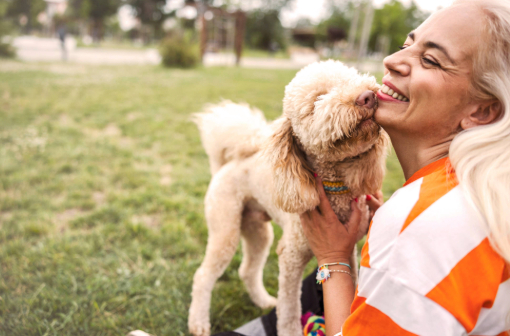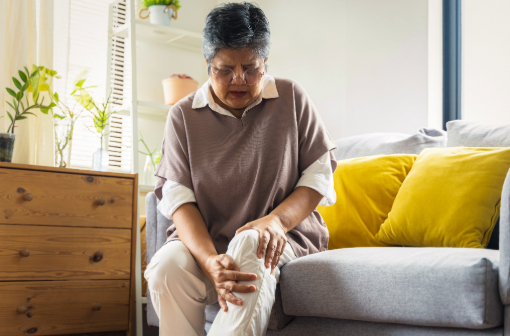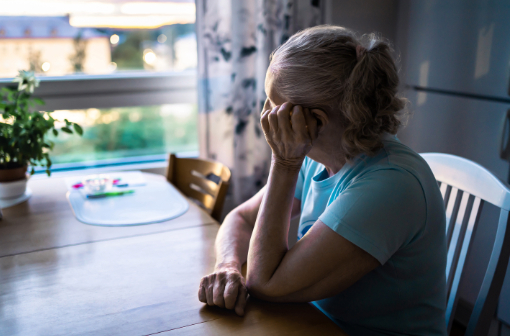Real Wellbeing is being in balance
Sometimes life can feel overwhelming, a constant juggling act. We believe that being in balance is key to Real Wellbeing. Explore tips and research that will help you find balance and achieve Real Wellbeing.
What is Real Wellbeing?
Life is a constant juggling act
Finding balance is no easy task. Real Wellbeing relies on a range of factors that bring balance and satisfaction to your life.

How illness affects our wellbeing

How COVID-19 changed the way we lived

Loneliness in the age of remote working
The latest tips, tools and stories
Health
Healthier lives from the inside out, top to toe
Ready to make some changes but don’t know where to start? Find some inspiration to improve your physical and mental health.

What you can do when “more sleep” isn’t an option

Sleep: the missing wellbeing link

Exercising your brain: the importance of mental agility as you age
The latest tips, tools and stories
Money & finances
Financial wellbeing for every stage and change
Saving? Budgeting? Investing? Find out what financial wellbeing could look like for you.

Five strategies to secure your family’s financial future

Stay safe at home with these smart tips

Helping Indigenous Australians with home ownership
The latest tips, tools and stories
Goals & planning
Plan for the best (and the worst)
Whether you’re ticking off the big things or just getting your life in balance, we’ve got tips and tricks to help.

Six things to consider before becoming pregnant

The important admin every new parent must know

Planning for your baby’s future: what you need to know
The latest tips, tools and stories
Community & relationships
The people & places that make us who we are
Having a network to share our success with or support us in tough times is critical for wellbeing, so it’s important to keep those ties strong!

Is it time to talk health with your parents?

Classical cure


